Tadić attends SEECP summit in Montenegro
The summit of heads of state and government of the South East European Cooperation Process (SEECP) today began in Sveti Stefan, Montenegro.
Thursday, 30.06.2011.
10:55

The summit of heads of state and government of the South East European Cooperation Process (SEECP) today began in Sveti Stefan, Montenegro. Serbian President Boris Tadic told the gathering that Belgrade wants to find a pragmatic model for asymmetrical participation of representatives of Kosovo Albanians in regional initiatives. Tadic attends SEECP summit in Montenegro Tadic said that Serbia, which is taking over the SEECP presidency, will continue pursuing the policy of improving regional cooperation, with a common goal of EU accession and the solving of all remaining open issues. Tadic particularly stressed the fact that open issues are now much more often being resolved at the bilateral level, as is the case with the current Belgrade-Pristina dialogue. He said he expects the dialogue will yield concrete results in the year to come. "Serbia will never recognize the unilaterally declared independence of Kosovo, but it is important to examine all the possibilities for solutions which will improve the life of ordinary people and secure a sustainable future," Tadic said. He added that he expects the investigation into allegations about organ trafficking in Kosovo "will be finalized". While holding the SEECP presidency, Serbia will focus on cooperation in the fight against organized crime and corruption, the region's progress towards the EU, and the solving of the remaining open issues, Tadic said. The Serbian president warned that a whole series of reforms awaits all countries in the region, and added that there is no need for the EU to make concessions in that respect. He greeted the EU's decision on the conclusion of pre-accession negotiations with Croatia. Serbia has also made a significant progress regarding that issue since the last summit. We are ready for negotiations with the EU, Tadic said. He stated that the Serbian government had promised to arrest and extradite ICTY indictee Ratko Mladic, and that this promise was fulfilled. Tadic highlighted visa liberalization as a significant accomplishment of the region, and cautioned that it is now important to preserve that achievement. The Serbian president placed a particular emphasis on building of trust in the region. In that context, he noted that he is to visit Sarajevo soon, and that the talks he will have there will help further normalize the relations between the two countries. He reiterated that Serbia respects the territorial integrity of Bosnia-Herzegovina and the Dayton Peace Agreement. Serbia will accept any solutions the three peoples and two entities may reach by consensus, he said. Speaking about the relations between Serbia and Croatia, Tadic expressed satisfaction over the fact that both Croatian president and prime minister have agreed to meet him, and drew attention to a considerable progress that has been achieved in many domains, such as border demilitarization, and cooperation in the fight against organized crime and corruption. In reference to relations between Serbia and Albania, Tadic voiced expectation that the dialogue between the two countries will be continued. Tadic also drew attention to the fact that economic crisis in the region is not over, despite certain positive indicators in regional economies, which accentuates the need for more efficient cooperation of the regional countries. "During its SEECP presidency, Serbia will place a special emphasis on the fight against organized crime and corruption," Tadic stressed. "Our future security lies in a comprehensive cooperation. That is a transnational issue, which goes beyond borders. When we do not cooperate, criminals do, that has to be changed," Tadic concluded. The South East Europe Cooperation Process is a regional initiative started in June 1996 during a meeting of Southeast European foreign ministers in Sofia. It promotes and strengthens good relations between neighbors and is meant to help transform the region into an area of peace, security, stability and cooperation. The initiative is made up of 12 countries: Serbia, Albania, Bosnia-Herzegovina, Bulgaria, Montenegro, Greece, Croatia, Macedonia, Moldova, Romania, Slovenia and Turkey. Serbia this year also assumed the presidency over the Central European Initiative and the Adriatic-Ionian Initiative. Boris Tadic (FoNet, file)
Tadić attends SEECP summit in Montenegro
Tadić said that Serbia, which is taking over the SEECP presidency, will continue pursuing the policy of improving regional cooperation, with a common goal of EU accession and the solving of all remaining open issues.Tadić particularly stressed the fact that open issues are now much more often being resolved at the bilateral level, as is the case with the current Belgrade-Pristina dialogue.
He said he expects the dialogue will yield concrete results in the year to come.
"Serbia will never recognize the unilaterally declared independence of Kosovo, but it is important to examine all the possibilities for solutions which will improve the life of ordinary people and secure a sustainable future," Tadić said.
He added that he expects the investigation into allegations about organ trafficking in Kosovo "will be finalized".
While holding the SEECP presidency, Serbia will focus on cooperation in the fight against organized crime and corruption, the region's progress towards the EU, and the solving of the remaining open issues, Tadić said.
The Serbian president warned that a whole series of reforms awaits all countries in the region, and added that there is no need for the EU to make concessions in that respect.
He greeted the EU's decision on the conclusion of pre-accession negotiations with Croatia.
Serbia has also made a significant progress regarding that issue since the last summit. We are ready for negotiations with the EU, Tadić said.
He stated that the Serbian government had promised to arrest and extradite ICTY indictee Ratko Mladić, and that this promise was fulfilled.
Tadić highlighted visa liberalization as a significant accomplishment of the region, and cautioned that it is now important to preserve that achievement.
The Serbian president placed a particular emphasis on building of trust in the region. In that context, he noted that he is to visit Sarajevo soon, and that the talks he will have there will help further normalize the relations between the two countries.
He reiterated that Serbia respects the territorial integrity of Bosnia-Herzegovina and the Dayton Peace Agreement.
Serbia will accept any solutions the three peoples and two entities may reach by consensus, he said.
Speaking about the relations between Serbia and Croatia, Tadić expressed satisfaction over the fact that both Croatian president and prime minister have agreed to meet him, and drew attention to a considerable progress that has been achieved in many domains, such as border demilitarization, and cooperation in the fight against organized crime and corruption.
In reference to relations between Serbia and Albania, Tadić voiced expectation that the dialogue between the two countries will be continued.
Tadić also drew attention to the fact that economic crisis in the region is not over, despite certain positive indicators in regional economies, which accentuates the need for more efficient cooperation of the regional countries.
"During its SEECP presidency, Serbia will place a special emphasis on the fight against organized crime and corruption," Tadić stressed.
"Our future security lies in a comprehensive cooperation. That is a transnational issue, which goes beyond borders. When we do not cooperate, criminals do, that has to be changed," Tadić concluded.
The South East Europe Cooperation Process is a regional initiative started in June 1996 during a meeting of Southeast European foreign ministers in Sofia. It promotes and strengthens good relations between neighbors and is meant to help transform the region into an area of peace, security, stability and cooperation.
The initiative is made up of 12 countries: Serbia, Albania, Bosnia-Herzegovina, Bulgaria, Montenegro, Greece, Croatia, Macedonia, Moldova, Romania, Slovenia and Turkey.
Serbia this year also assumed the presidency over the Central European Initiative and the Adriatic-Ionian Initiative.















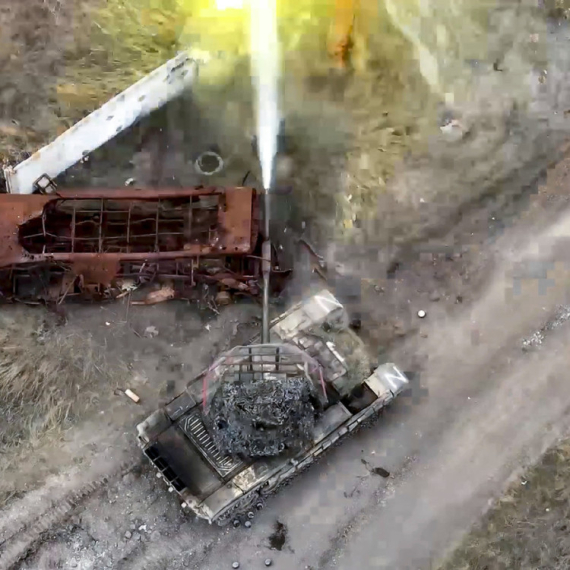


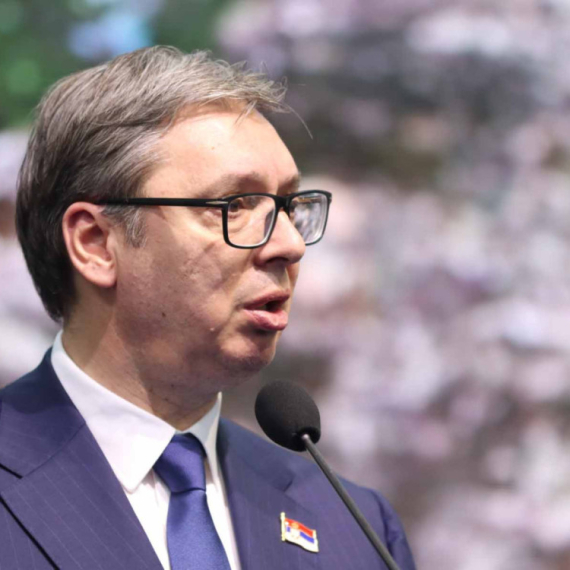




















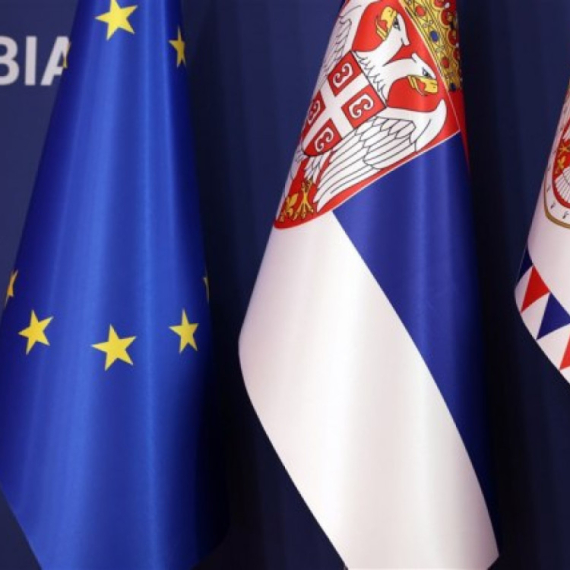
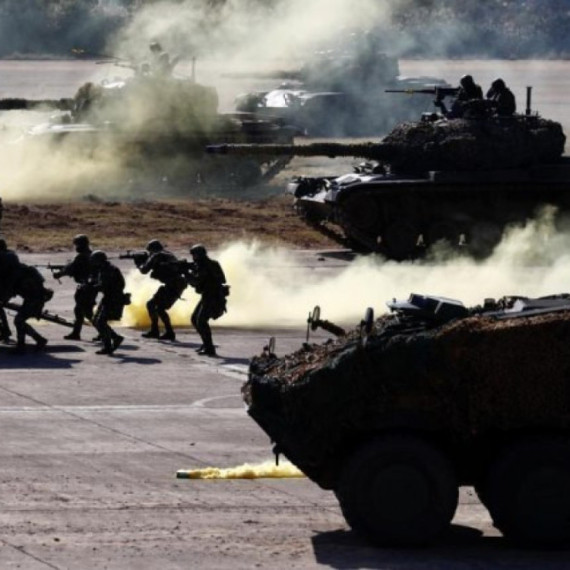
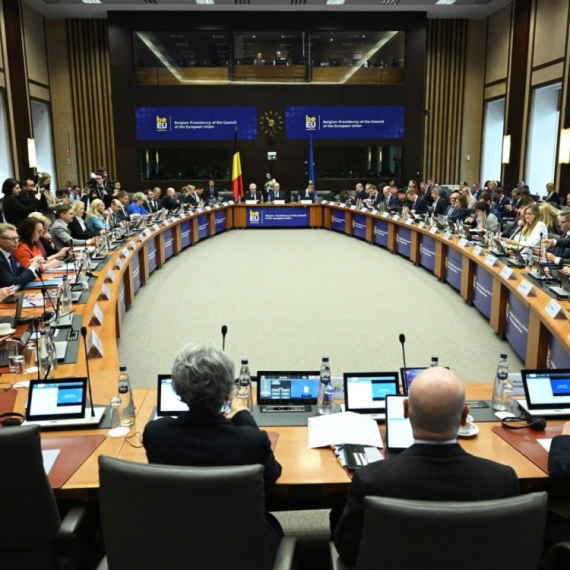
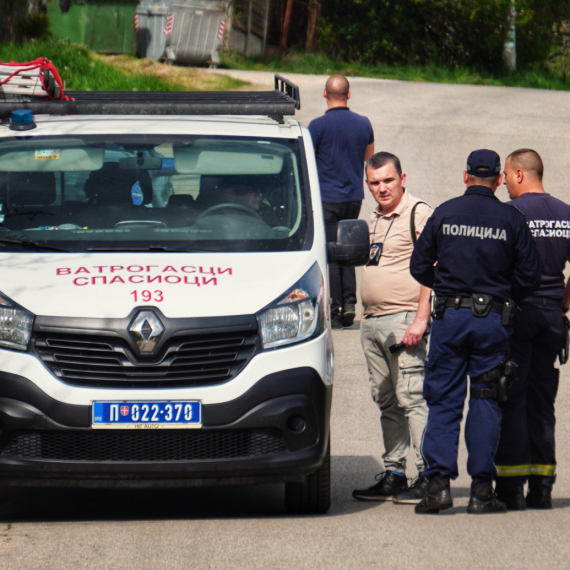
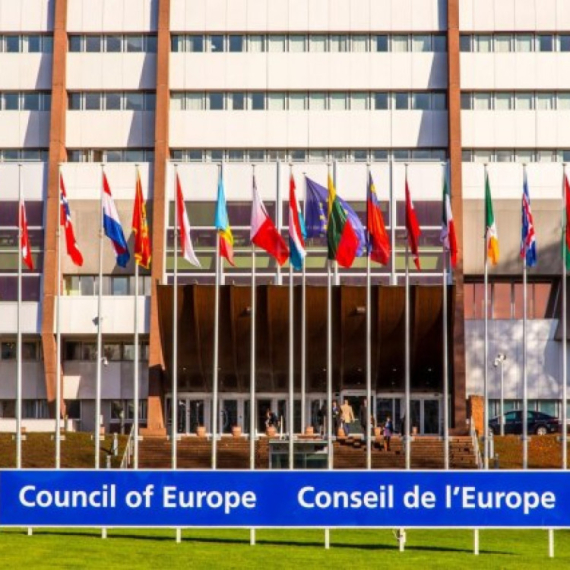








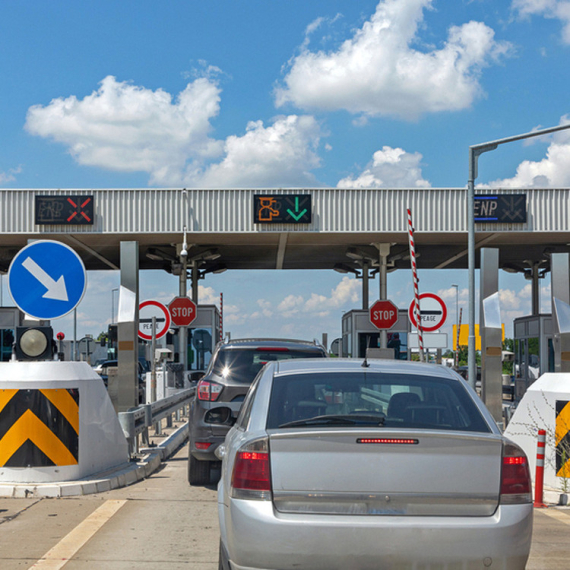
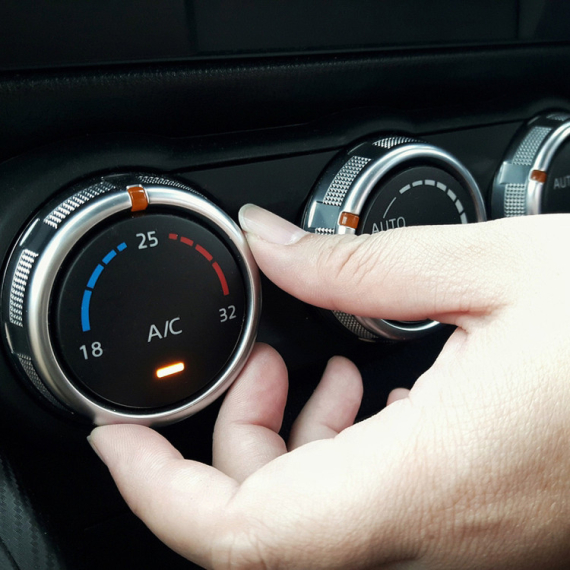






Komentari 16
Pogledaj komentare